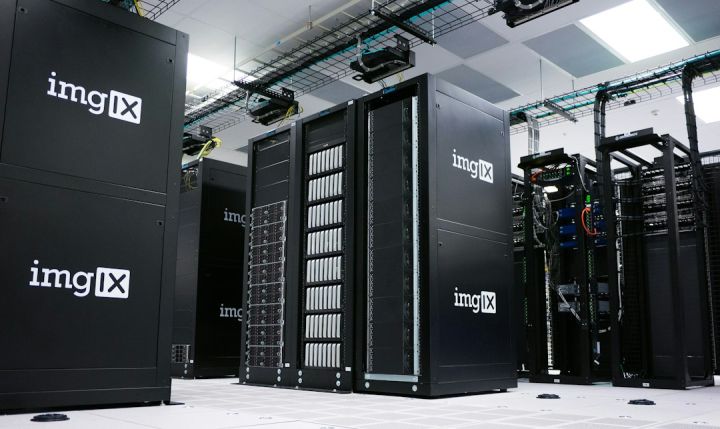What Are the Benefits of Nas for Small Business?
In today’s digital age, small businesses are increasingly relying on technology to streamline their operations and stay competitive. One technology that has gained popularity among small business owners is Network Attached Storage (NAS). NAS is a dedicated file storage device that provides centralized storage and data management for multiple users and devices connected to a network. In this article, we will explore the benefits of NAS for small businesses and how it can enhance productivity and efficiency.
Centralized Data Storage
One of the primary benefits of NAS for small businesses is the ability to centralize data storage. With NAS, all files and data are stored in a single location, making it easy for employees to access and share information. This eliminates the need for each employee to store files on their individual devices, reducing the risk of data loss or duplication. Centralized data storage also allows for easier data backup and recovery, ensuring that critical business information is protected.
Improved Data Security
Data security is a top concern for small businesses, as a data breach or loss can have severe consequences. NAS provides enhanced data security through features such as user authentication, access controls, and encryption. These security measures help prevent unauthorized access to sensitive business data, reducing the risk of data breaches. Additionally, NAS allows for regular data backups, ensuring that important files are protected and can be quickly restored in the event of a system failure or disaster.
Increased Collaboration and File Sharing
Collaboration is essential for small businesses, as it enables employees to work together efficiently and achieve common goals. NAS facilitates collaboration by providing a centralized platform for file sharing and collaboration tools. Employees can easily access and share files, work on shared documents simultaneously, and track changes made by team members. This improves communication and collaboration, leading to increased productivity and efficiency.
Scalability and Flexibility
Small businesses often experience fluctuations in storage needs as they grow and evolve. NAS offers scalability and flexibility, allowing businesses to easily expand their storage capacity as needed. Additional hard drives can be added to a NAS system, providing more storage space without the need to invest in a new server or storage device. NAS also supports various RAID configurations, which provide data redundancy and performance optimization. This flexibility ensures that small businesses can adapt to changing storage requirements without incurring significant costs.
Cost-Effective Solution
For small businesses with limited IT budgets, cost-effectiveness is a crucial consideration. NAS offers a cost-effective storage solution compared to traditional server setups. It eliminates the need for expensive server hardware and dedicated IT personnel to manage the storage infrastructure. NAS devices are relatively affordable and easy to set up, making them an ideal choice for small businesses looking to optimize their storage capabilities without breaking the bank.
Conclusion
In conclusion, Network Attached Storage (NAS) offers several benefits for small businesses. From centralized data storage and improved data security to increased collaboration and scalability, NAS enhances productivity and efficiency. Moreover, it provides a cost-effective storage solution, ensuring that small businesses can effectively manage their data without exceeding their IT budgets. By investing in NAS, small businesses can leverage the power of technology to stay competitive in today’s fast-paced business environment.






